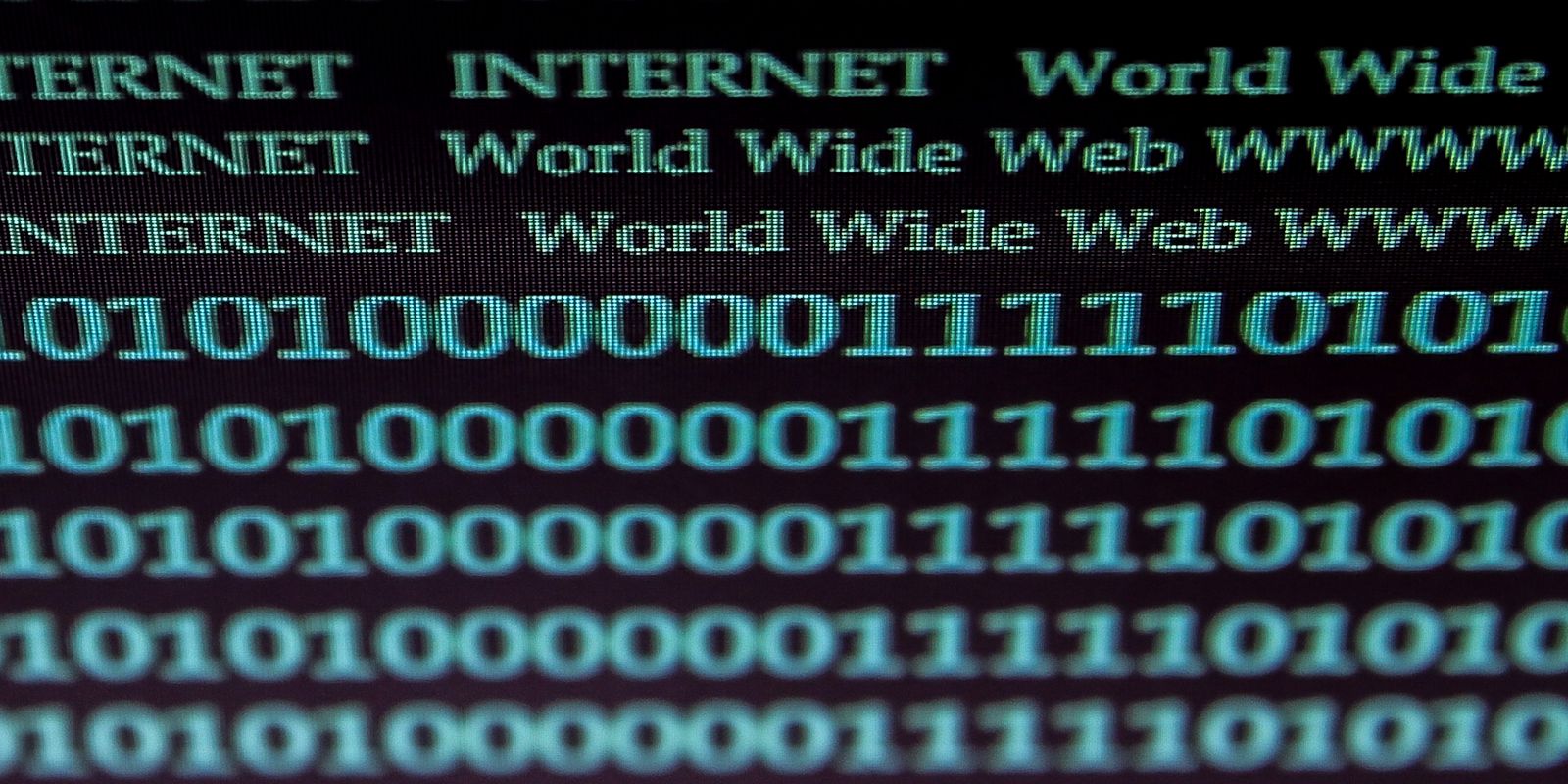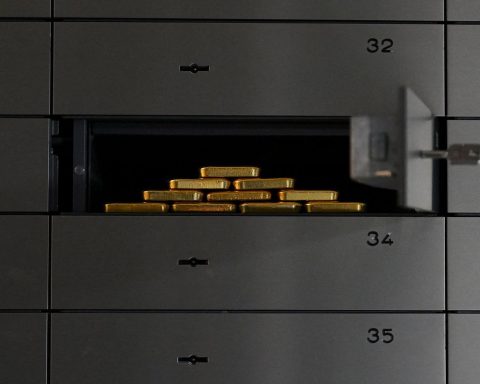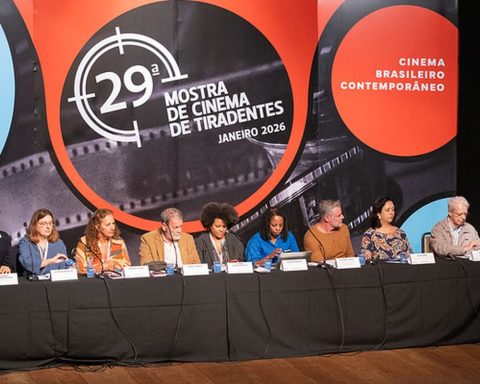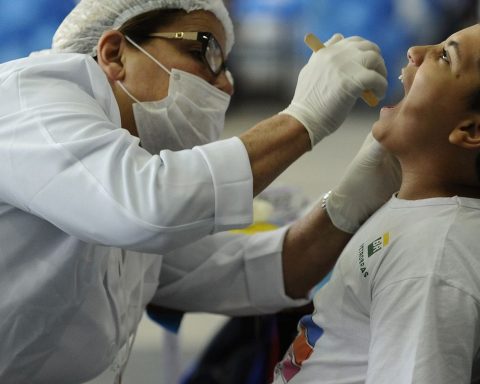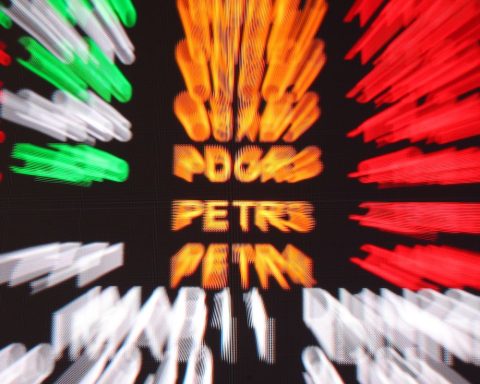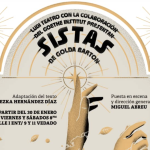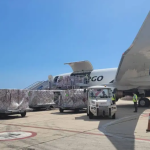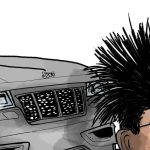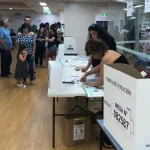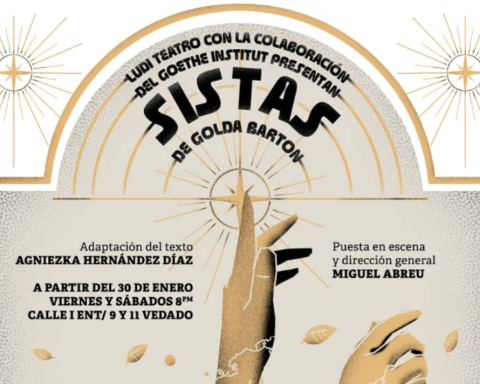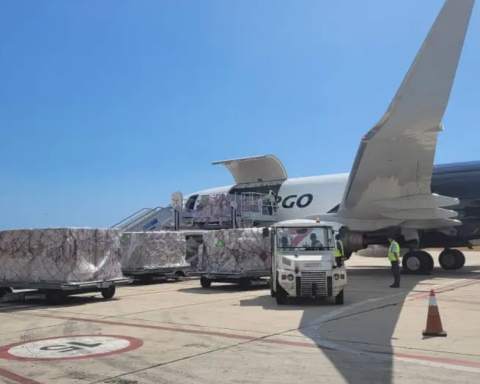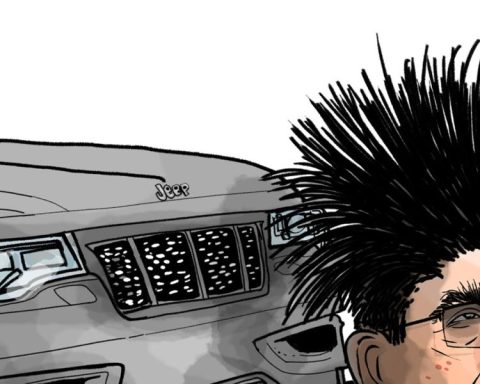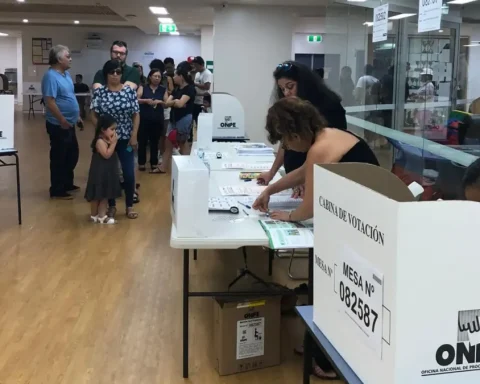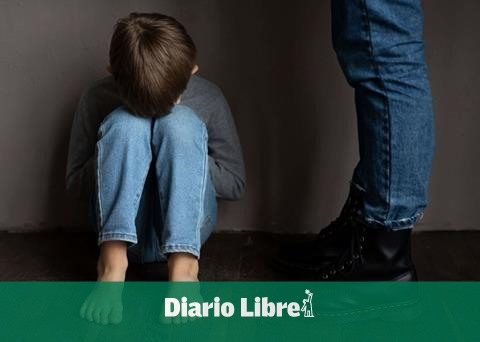In a letter to the United Nations Educational, Scientific and Cultural Organization (Unesco), President Luiz Inácio Lula da Silva defended the regulation of digital platforms to face the spread of lies and misinformation in the virtual environment. Lula also said that it is necessary to combat the concentration of the digital market with the democratization of the internet and the promotion of the autonomy of developing countries in this area.
In response to the invitation by the director general of Unesco, Audrey Azoulay, Lula sent the letter, which was read this Wednesday (22nd), in Paris, at the opening of the conference internet for trust (For a Reliable Internet). With the event, Unesco proposes the discussion of global guidelines to regulate digital platforms, improve the reliability of information and protect freedom of expression and human rights.
“We need balance. On the one hand, it is necessary to guarantee the exercise of individual freedom of expression, which is a fundamental human right. On the other hand, we need to ensure a collective right: the right of society to receive reliable information, and not lie and misinformation. Nor can we allow the integrity of our democracies to be affected by the decisions of a few actors who today control the platforms,” wrote Lula.
The coordinator of the Children and Consumption program at the Alana Institute, Maria Mello, who is participating in the discussions at the Unesco event in Paris, highlighted that the whole world has been debating and advancing on platform regulation and that a communication effort is needed to show that I’m not talking about censorship. It compares, for example, the measures that have already been taken in relation to tobacco consumption in Brazil, in which the product continues to be produced and sold, but based on parameters that ensure more safety for the population.
“The debate needs to be expanded, and these issues must be presented in the most urgent, transparent and understandable way possible. This was even a point of the panel we held yesterday here at the event with the influencer Felipe Neto, who advocates an intense dialogue process with content creators on the internet, so that they become aware and can contribute to making the discussion clearer. Journalists also need to be willing to better understand the texts that are being debated, as well as the laws of other countries that inspire the discussions, “he said to Brazil Agency.
Protection and rights
Instituto Alana is a civil society organization that works to protect children. Maria pointed out that children represent a third of all internet users in the world, although many digital platforms do not allow the participation of this public in their terms of use.
“Children are affected by problems ranging from the collection and processing of their personal data with the aim of behavioral modulation, advertising targeting, which is illegal in our country, to the addiction that the business model based on engagement generates, including the consumption of disinformation and hateful content, among many other risks”, said Maria.
For her, a regulation could demand the commitment of the platforms with the protection of this part of the population.
“Because they are hypervulnerable, children should have special protection wherever they are, including on the internet. All sectors of society, including digital platforms, need to assume their duty of care with children and adolescents on the internet”, argued the coordinator of the Alana Institute.
Unesco has started an open consultation process to consolidate a digital framework with the main[https://www.unesco.org/en/internet-conference/guidelines” target=”_blank”> diretrizes de regulação das mídias digitais.
Desinformação
Na carta à Unesco, o presidente Lula disse que os ataques às sedes dos Três Poderes, no dia 8 de janeiro, em Brasília, foram resultado de uma campanha “gestada, organizada e difundida” por meio das diversas plataformas digitais e aplicativos de mensagens.
“O que ocorreu naquele dia foi o ápice de uma campanha, iniciada muito antes, que usava como munição a mentira e a desinformação. E tinha, como alvos, a democracia e a credibilidade das instituições brasileiras. […] repeated the same method that had already generated acts of violence in other parts of the world. This has to stop,” says the president.
For Lula, the regulation of platforms has to be done in a transparent way, and with social participation, to guarantee its efficiency, and be coordinated multilaterally at the international level, involving governments, specialists and civil society. “Regulation should guarantee the exercise of individual and collective rights. It must correct the distortions of a business model that generates profits by exploiting users’ personal data”, argued the president.
In the letter, Lula states that digital platforms have defined the way people communicate, relate to each other and how they consume products and services. For the president, the internet has brought “extraordinary results” to the global economy and to societies, helping to promote and disseminate knowledge, facilitating trade, increasing productivity and expanding the offer of services and the circulation of information.
In another measure, the president says that the digital environment has led to market and power concentration in the hands of a few companies and countries. “It also brought risks to democracy. Risks to civilized coexistence among people. Public health risks. The spread of misinformation during the pandemic has contributed to thousands of deaths. Hate speech claims victims every day. And those hardest hit are the most vulnerable sectors of our societies,” he says, in the letter.
Democratization of the internet
President Lula also points out that it is necessary to reduce the “digital divide” and promote the autonomy of developing countries in this area. For the president, the benefits gained from the development of the internet and digital platforms are disproportionately distributed among people of different income levels, increasing social inequality.
“We need to guarantee access to the internet for everyone, foster education and the skills necessary for an active and conscious insertion of our citizens in the digital world. Developing countries must be able to act sovereignly in the modern data economy, as agents and not just as data exporters or passive consumers of content”, wrote the president.
For Maria Mello, from the Alana Institute, regulation is a step towards democratization, but it will not materialize without profound actions in terms of access, connectivity, literacy and education as a whole. Still according to Maria, it is necessary to debate the business model that prevails among digital platforms, “which ends up stimulating the circulation of harmful content – since it generates more engagement and, therefore, more profit for companies”.
“Democratizing, in this sense, also means reducing the power of these companies, enabling a scenario of greater competition. But these steps need to be taken concomitantly, and in a multisectoral perspective, that is, involving all sectors of society”, he explained.
